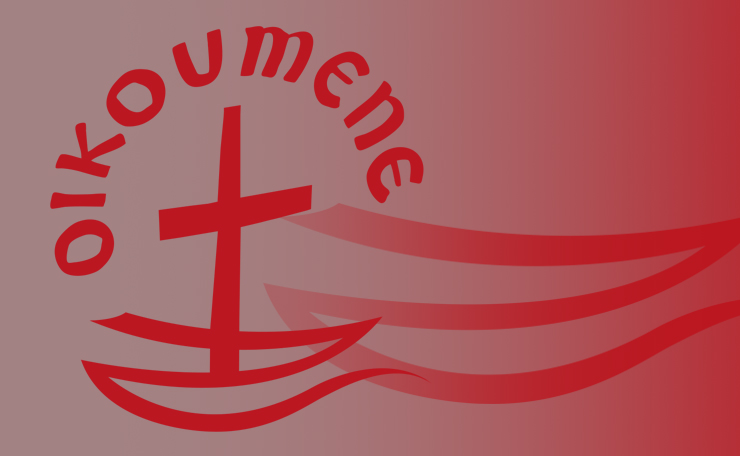The Reformed theologian, Emma van Dorp, a graduate of the Bossey Ecumenical Institute who is now pursuing a doctorate at the University of Geneva on Reformation ecclesiology and the contemporary ecumenical movement, was elected to two commissions during the WCC Central Committee meeting in June 2023. This included the Faith and Order Commission, a central area of the WCC’s activity that engages in foundational theological work. Van Dorp has also joined the ECHOS Commission on youth in the ecumenical movement, consisting of 17 young adults from a diverse range of churches and youth organizations. In her new roles, she hopes to learn from the theologies of others and contribute to the path towards Christian unity. Regarding her work in the Faith and Order Commission, where she aims to represent the voice of young people, van Dorp explained: “I expect that we will develop a form of theological reflection that speaks to everyone and not only to theologians. The commission should be able to connect ecclesiology and mission in its work. It is important to work on what it means to be church today, each person in their own context.” With regard to the Youth Commission, van Dorp will seek to embrace a solidarity that would allow for greater room for young people in today’s ecumenical movement.
The recently retired Basel-based professor of theology Reinhold Bernhardt was appointed to the WCC Commission on Education and Ecumenical Formation at the June meeting of the Central Committee. His work focuses primarily on the theology of religions, but also on “acts of God” and fundamental questions regarding the relationship between theology and natural science. As Bernhardt explained: “Ecumenism is the global circulatory system of theology. I would like to share with the commission our experience with current theology study programs along with our ideas for reform, while also sharing in the experience of the other commission members.” The Commission on Education and Ecumenical Formation is the foremost WCC consultative body with regard to education, ecumenical learning, and religious doctrine. The commission is integrated into the governing board of the Bossey Ecumenical Institute. As Bernhardt explained, theological education at secular state institutions is a rarity in the global context, and suggested that in the future “the commission should develop and launch programs for ecumenical learning.”
Methodist pastor Sarah Bach, who is currently writing her doctoral dissertation on the “Ethics of Eco-Spiritualities” at the University of Zurich, was appointed to the new WCC Commission on Climate Justice and Sustainable Development by the Executive Committee of the WCC at its meeting in Abuja, Nigeria, from November 8 to 14, 2023. The WCC Central Committee established the commission in June 2023. The members of the commission include representatives of member churches and ecumenical partners, with significant participation on the part of youth representatives and indigenous peoples. Sarah Bach is looking forward to her work on the commission: “I am delighted that the call for climate justice at the 2022 Assembly in Karlsruhe has been answered with the creation of this commission. I expect intensive cooperation as we tackle the question of what our mission is in relation to the climate crisis, as churches and as the ecumenical community. I hope that my own theological thinking will be enriched by this engagement and that we can benefit from the work of the commission as the Protestant churches of Switzerland.”
The Executive Committee also established eight reference groups in summer 2023. Rev. Christoph Sigrist of Zurich’s Grossmünster was appointed to the “Ecumenical Diakonia” reference group. With the establishment of the group, the WCC has reaffirmed the importance of diaconal commitment and mission. With regard to the group’s goals through 2030, Sigrist said: “The commission should provide assistance to local churches in all the world’s countries and social contexts as a means of encouraging, inspiring, and strengthening them in their diaconal mission. The diaconal mission is understood to mean the unconditional and compassionate presence of the local church, in God’s name, to support people in their need.”
